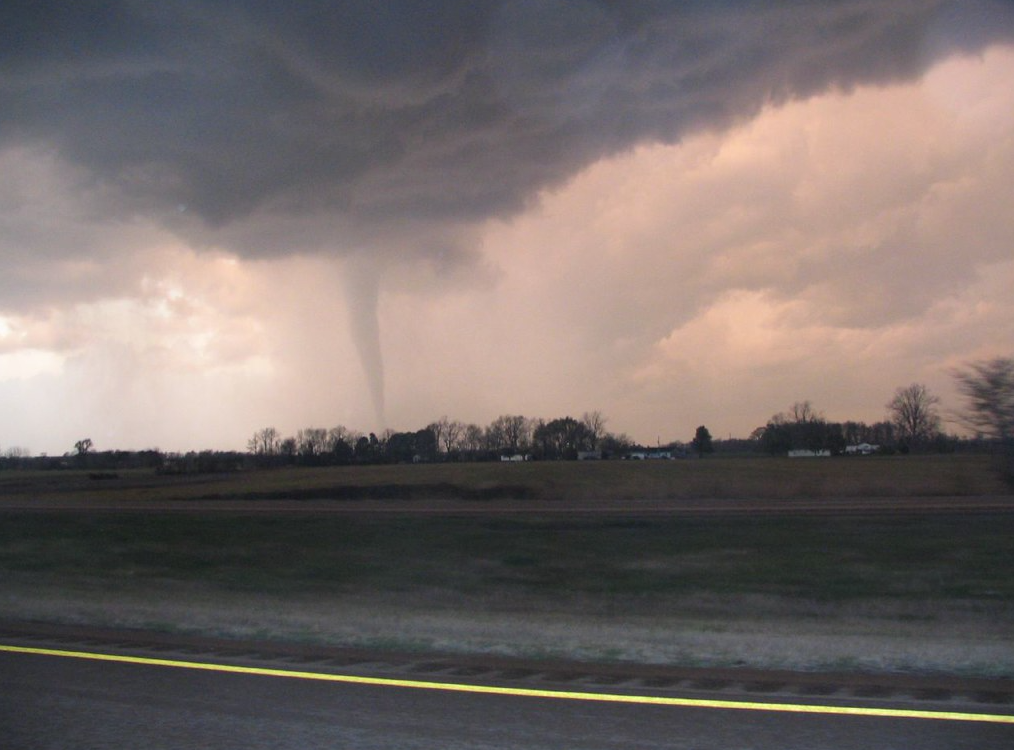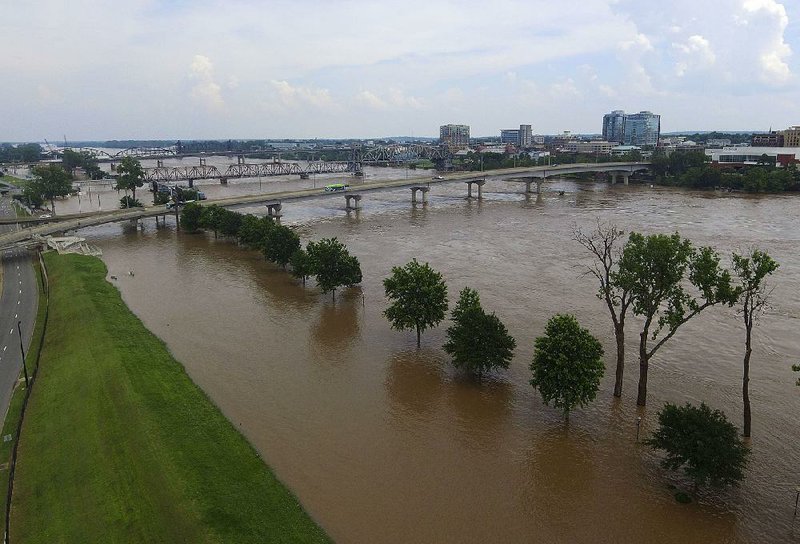Arkansas
Here are the 10 Biggest Risks with Living in Arkansas
Living in Arkansas presents a tapestry of challenges and opportunities, with its scenic landscapes and vibrant communities intertwined with inherent risks that shape daily life. From the ever-present threat of severe weather events like tornadoes and flooding to concerns about economic instability, healthcare access, and crime rates, understanding and navigating these risks are essential for residents to foster resilience and ensure well-being. In this exploration, we’ll delve into ten significant risks that Arkansans face, shedding light on the factors that influence community dynamics and individual experiences statewide.
Severe Weather
Arkansas is prone to various severe weather events, including tornadoes, thunderstorms, hailstorms, and flooding, which can cause property damage, power outages, and pose risks to personal safety.
Tornadoes

Credit: https://www.flickr.com/photos/bryankemp/
As part of Tornado Alley, Arkansas experiences a high frequency of tornadoes, particularly during the spring and early summer months, leading to potential destruction and loss of life.
Flooding

Credit: https://www.arkansasonline.com/news/2019/jun/05/lr-nlr-soaked-river-s-crest-shifts-2019-1/
Arkansas faces flooding risks, especially along river basins and low-lying areas, due to heavy rainfall, storm surges, and overflowing rivers, which can result in property damage, displacement, and disruptions to transportation.
Healthcare Access
Rural areas of Arkansas may have limited access to healthcare facilities and specialists, impacting residents’ ability to receive timely medical care and emergency treatment.
Economic Challenges
Certain regions of Arkansas struggle with economic instability, including high poverty rates, limited job opportunities, and reliance on industries such as agriculture and manufacturing, which can impact residents’ financial well-being.
Natural Disasters
Besides tornadoes and flooding, Arkansas is susceptible to other natural disasters such as earthquakes and wildfires, which can pose risks to communities and infrastructure.
Crime Rates

Some urban areas in Arkansas have higher crime rates, including property crimes and violent crimes, impacting personal safety and community well-being.
Education Quality
While Arkansas has educational institutions, some areas may face challenges in providing quality education, including funding disparities, teacher shortages, and academic achievement gaps.
Infrastructure Aging
Arkansas’s infrastructure, including roads, bridges, and utilities, is aging and may require significant investment and maintenance to ensure safety and reliability for residents.
Substance Abuse
Arkansas struggles with substance abuse issues, including opioid addiction, which can lead to negative health outcomes, strain on healthcare systems, and social challenges within communities.

















